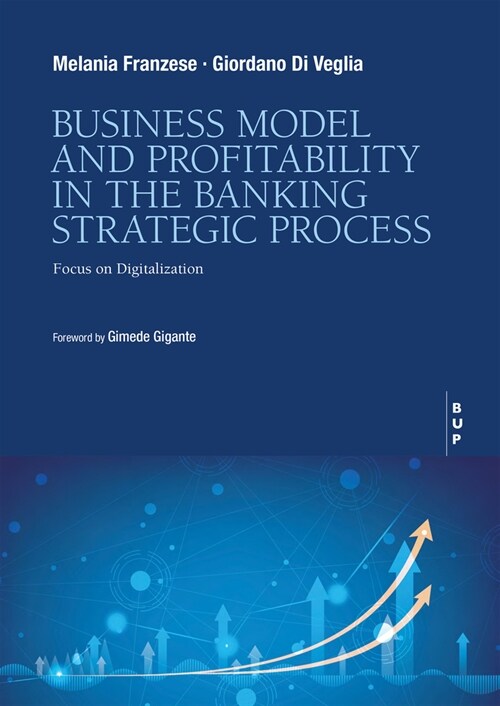A total of eight state-owned commercial and specialised banks in Bangladesh bear the brunt of poor risk management, according to a study by the London-based Economic Intelligence Unit (EIU). In its latest report titled “Banking sector faces challenge”, the EIU said the poor risk management system contributes to a high level of non-performing loans (NPLs), low profitability, large capital shortfalls and balance sheet weaknesses of the banks.
The message is clear: organisations must be held accountable for their social and environmental footprint. Therefore, it’s inevitable that speaking up becomes the next social…
Download whitepaper














